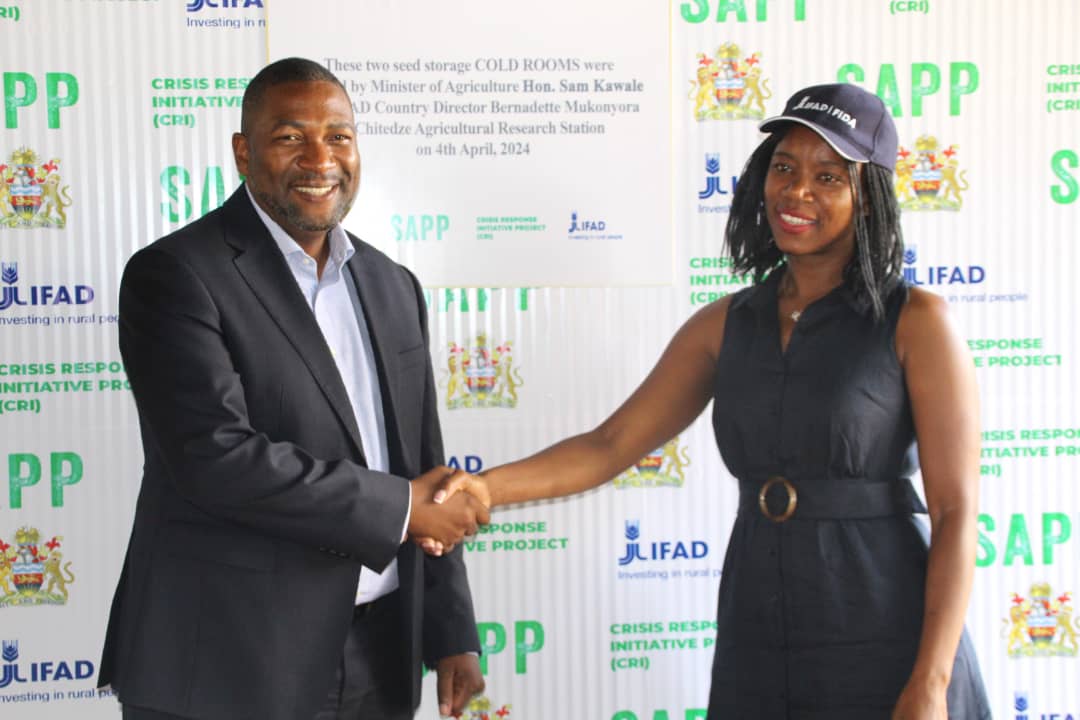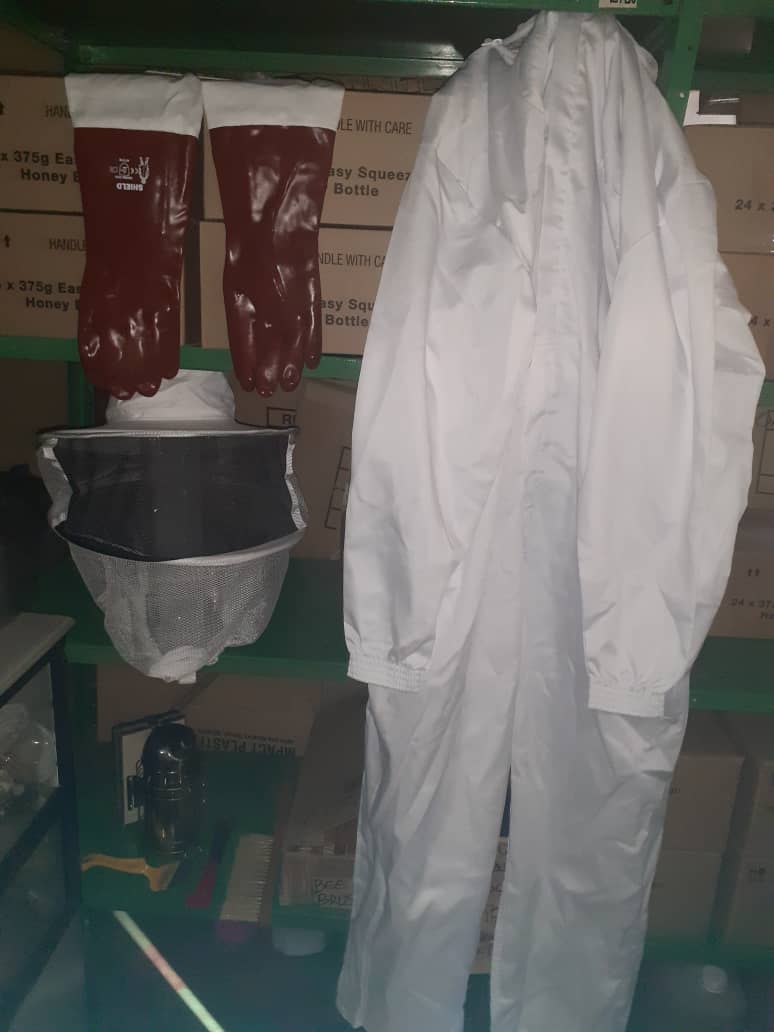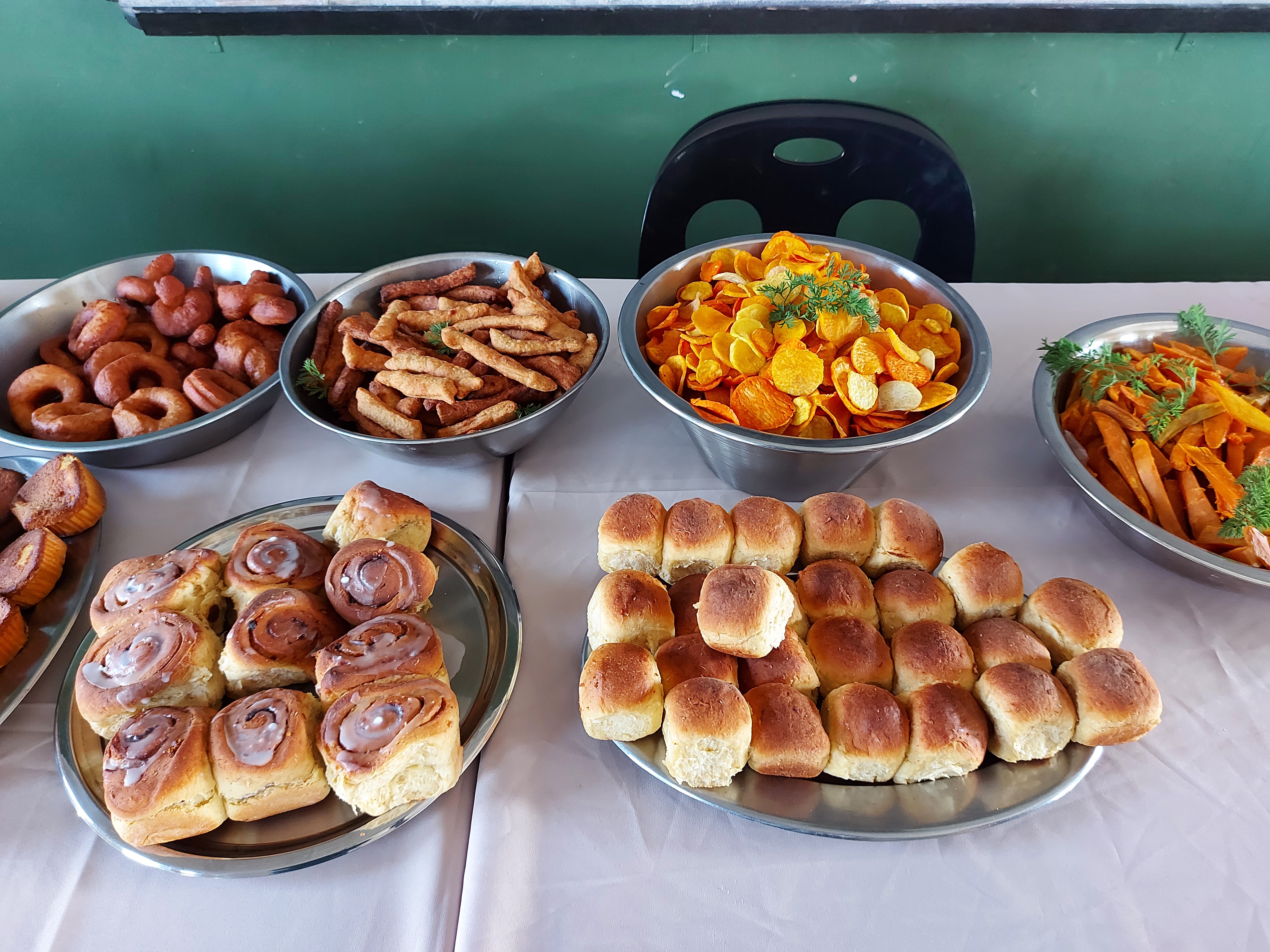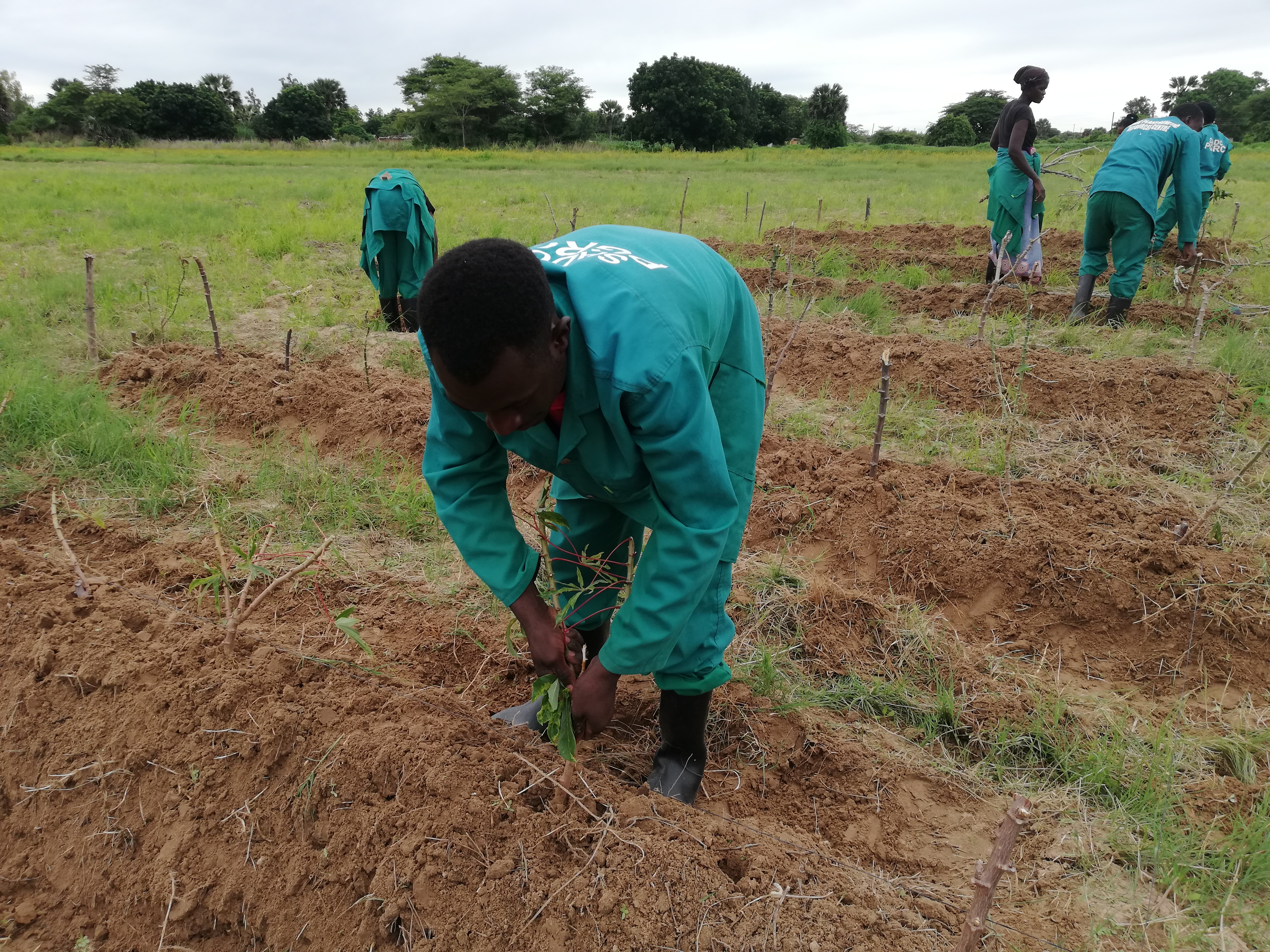Rapid Loss Appraisal Tool (RLAT) - RLAT in practice: A toolbox for maize
An easily manageable methodology that provides hands-on strategic orientation to those developing realistic and realisable measures for sustainable food loss reduction. The methodology is designed to serve as a pre-screening for further in-depth-studies and to identify leverage points for reducing losses at the various value chain stages — from farming, through handling and processing, to retail trade.
Maize
Methods
Data Collection
Aflatoxin
Assessment
Risk
Loss Appraisal
Ostermann, H. & Will, M. & Hell, K. 2015. Rapid Loss Appraisal Tool (RLAT) - RLAT in practice: A toolbox for maize, Deutsche Gesellschaft für internationale Zusammenarbeit (GIZ) GmbH, Bonn and Eschborn, Germany










